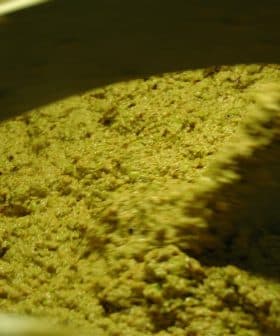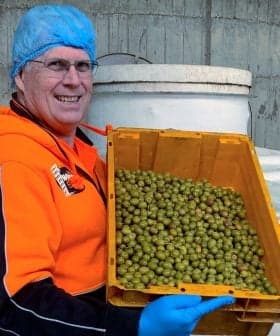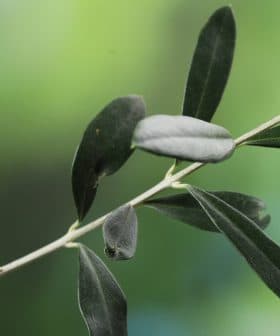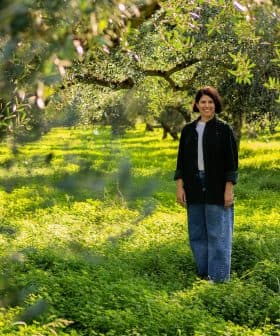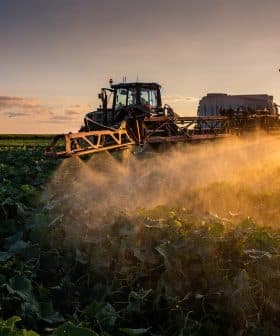New Tool Measures Soil-Atmosphere Interactions to Optimize Farming Practices
Mapping soil heat transmission may help determine optimal land management practices and appropriate crops to plant as the climate changes.
 Taking soil samples to test new heat probe in Iraq (Photo: University of Granada)
Taking soil samples to test new heat probe in Iraq (Photo: University of Granada) Researchers from Spain and Iraq have developed a new, low-cost heat pulse probe to measure soil thermal conductivity, which will aid in understanding soil-atmosphere interactions impacted by tillage practices, fertilizer application, and microbial biodiversity. The probe includes a sampling system, measurement chamber, and electronic control system, allowing experiments to be carried out in various field conditions, with the hope of providing farmers with more sustainable land management practices in the face of climate change impacts.
Researchers from Spain and Iraq have designed a new heat pulse probe to measure the thermal conductivity of the soil.
Normally, taking these measurements is complex and requires a lot of time and work. However, the scientists said the new probe is a “low-cost and easy-to-use instrument” that will help other researchers and agronomists better understand the energy and mass exchanges between the soil and atmosphere.
Most of these interactions take place in the surface layer of soil and are significantly impacted by tillage practices, fertilizer application and microbial biodiversity. Soil depth above underlying bedrock and soil type also play an important role.
See Also:Nearly Half of the Farmland in Europe Faces Erosion FactorsThe new probe includes a sampling system, measurement chamber and electronic control system, allowing experiments to be carried out in the field in a range of conditions. In addition, the researchers said all the materials used in its construction are affordable and commercially available.
Most soil studies are done by extrapolating raw soil data from existing surveys. Other methods to measure soil thermal conductivity in situ require specific training for operators and significant amounts of electricity. Additionally, their accuracy is limited by temperature range and soil water content.
The researchers from the University of Granada in Spain and the universities of Wasit and Baghdad in Iraq believe that a better understanding of soil-atmosphere interactions, which are critically important to life on Earth, is necessary as officials seek to mitigate the substantial impacts of climate change on agriculture.
They hope to establish a baseline understanding quickly, so they may later study how climate change affects soil-atmosphere interactions.
The researchers believe a better understanding of these interactions will help farmers make more sustainable decisions about when they till and how they apply fertilizer or mulch.
For example, “we have found that conventional tillage increases the temperature flux in the soil compared to no tillage, mainly due to the decrease in the bulk density of the soil, that is, the increase in the porous system,” said Andrés Caballero Calvo, a geography professor at the University of Granada.
Researchers from Spain’s Experimental Station of Arid Zones previously said the ways in which climate change is transforming how plants and soil interact is one of the less-discussed but more disruptive impacts of climate change on agriculture that deserves more attention.
The researchers working on the new heat pulse probe did not repeat this assertion. However, mapping soil heat transmission globally may help governments advise farmers on land management practices and determine appropriate crops to plant in the places undergoing the most rapid changes in their environments.
Share this article


